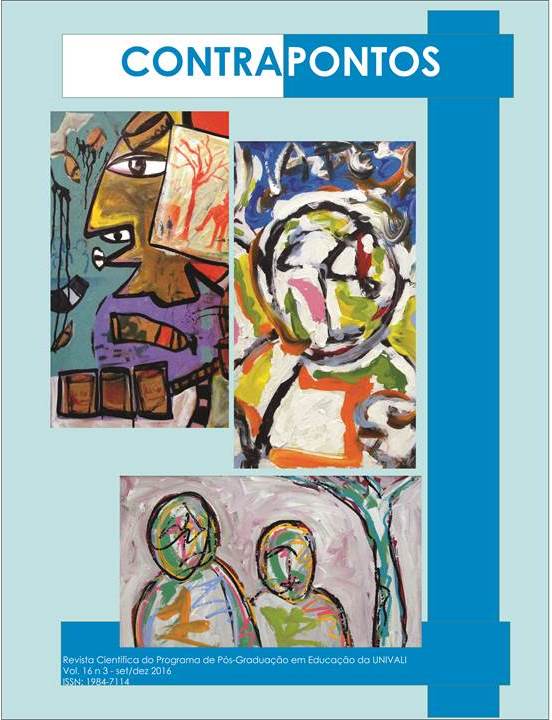
The demands of society and the unleashing of the changes resulting from them, in the field of education, has been the subject of constant debates, especially when it comes to Teacher Training and Educational Practice developed in different educational contexts. Thus, processes related to the act of teaching and learning must also be in constant analysis and reflection, because they need to be in line with the new paradigms. In this context, this researcher, a member of the PEFOP (Educational Paradigms and Teacher Training group), which is part of the line of research Theory and Teaching Practice in Teacher Education, chose to investigate the following question: What are the structural elements in the Project Methodology for training that support and meets the paradigm of complexity? This qualitative action research is part of the Pedagogical University Teacher Training project of the PEFOP, in an action research that was conducted in fourteen meetings, through the Seminar to deepen the line of research Theory and Teaching Practice in Teacher Education (PhD), the Graduate Program in Education (PPGE). For this study, it investigates the following research problem: What structural elements are necessary for a proposed Project Methodology for training that is in accordance with the paradigm of complexity? The objective of the research process was to consider, through the discussions and reflections, the challenges presented by the participants, and to analyze the data obtained in the research that enable a dialogic, creative and cooperative reflection, pointing to a collaborative and transformative action in pedagogical practice, and providing support to teachers through the Project Methodology (Behens, 2016) and its structural elements, consolidating its teaching practice.





